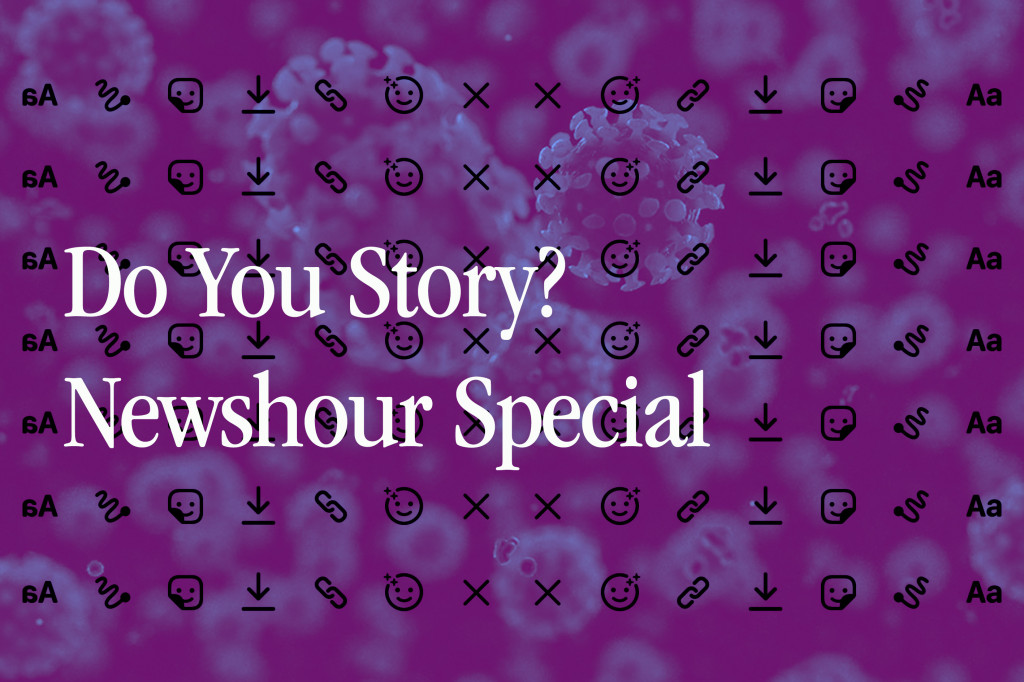[ad_1]
Art Dubai is one of many international art fairs forced to postpone its 2020 edition in the wake of the coronavirus crisis, and like the many museums and galleries that abruptly shuttered in recent weeks, it moved into a new realm of presenting digital initiatives in lieu of physical programming. A scheduled performance program that was to transpire in real time is instead now represented by an online component, and the annual Global Art Forum at the fair was broadcast as a virtual meeting on Wednesday, with artists, curators, and others sharing their recent experiences with social distancing, media consumption, and modes of coping in a moment of great uncertainty.
Billed as a “news hour special” and hosted by the Global Art Forum’s commissioner Shumon Basar, the talk under the title “Do You Story?” assembled participants including Turner Prize co-winning artist Lawrence Abu Hamdan along with fellow artists Simon Denny and Jenna Sutela, as well Brendan McGetrick (creative director of the Museum of the Future), Rahul Gudipudi (curator at Art Jameel), Noah Raford (chief of global Affairs of the Dubai Future Foundation), and curator Marina Fokidis, who organized Art Dubai’s performance program this year. It also showcased three new artworks: a piece of music by Farah Al Qasimi and video works by Nabla Yahya and Ana Maria Nicolaescu.
In his introduction to the program, Basar said that the forum was originally meant to focus on the role that stories and narratives play in shaping senses of identity but shifted instead to “ask what are the new stories suddenly emerging.” Before beginning his series of remote interviews, Basar quipped that “if there are any technical glitches, we’re going to blame coronavirus.”
The forum began with Abu Hamdan reading an excerpt from a story he wrote to explore the ways the human psyche reckons with forms of violence handed down by the act of speaking and listening. “The piece is really about processing,” the artist said, adding that the unexpected circumstances surrounding the forum gave it “another resonance.”
Asked to describe the sound of the coronavirus, Abu Hamdan said it is something akin to the “hiss that Zoom gives” and aspects of “being together through a cacophony of media.”
During his few minutes on screen, McGetrick discussed “On Care for Our Common Home,” a 2015 text by Pope Francis about Saint Francis of Assisi’s appreciation of the natural world that, McGetrick said, has uses for approaches to climate change and other catastrophes. “All of our fantasies of control can be laid low by a single self replicating microbe,” McGetrick said. “In that sort of context it’s worth considering some of the things that Pope Francis is saying, in that the world isn’t something to be solved but thought about and contemplated.”
Sutela, whose work has involved research on bacteria and, as she put it, “finding alternatives to the ‘survival of the fittest’ narrative,” echoed McGetrick’s sentiments while explaining that “a pandemic like Covid-19 really forces us to shift our subjectivity beyond individualism” and reconcile the reality that we are “interconnected with a wider environment.”
“Looking at interconnected ecosystems at a time like this is important,” Sutela said. “Our world has shrunk, but in another way it expanded to involve all of us under the same conditions.”
A highlight of the forum was the debut of three videos by Yahya. News from Nowhere showed a series of news clips from recent days, ranging from politicians’ responses to individual stories of hardship and loss. Do Nothing Club focused on the ways in which demonstrations of solidarity and collectivity can be useful in this period of physical isolation through scenes of music played on balconies, encouraging messages from health professionals, and more. And Clean Hands conveyed text-based warnings about how we might respond productively and thoughtfully to the ongoing crisis. One statement in the video reads: “The temporary sanctions on your hedonistic freedom do not stand in equivalence with the dehumanizing suffering inflicted upon much of our world.” And it concluded on an uplifting note, imploring viewers that “now is the time be as generous as we can be; to hold empathy above all else.” It ended with a message: “All is not lost.”
[ad_2]
Source link


